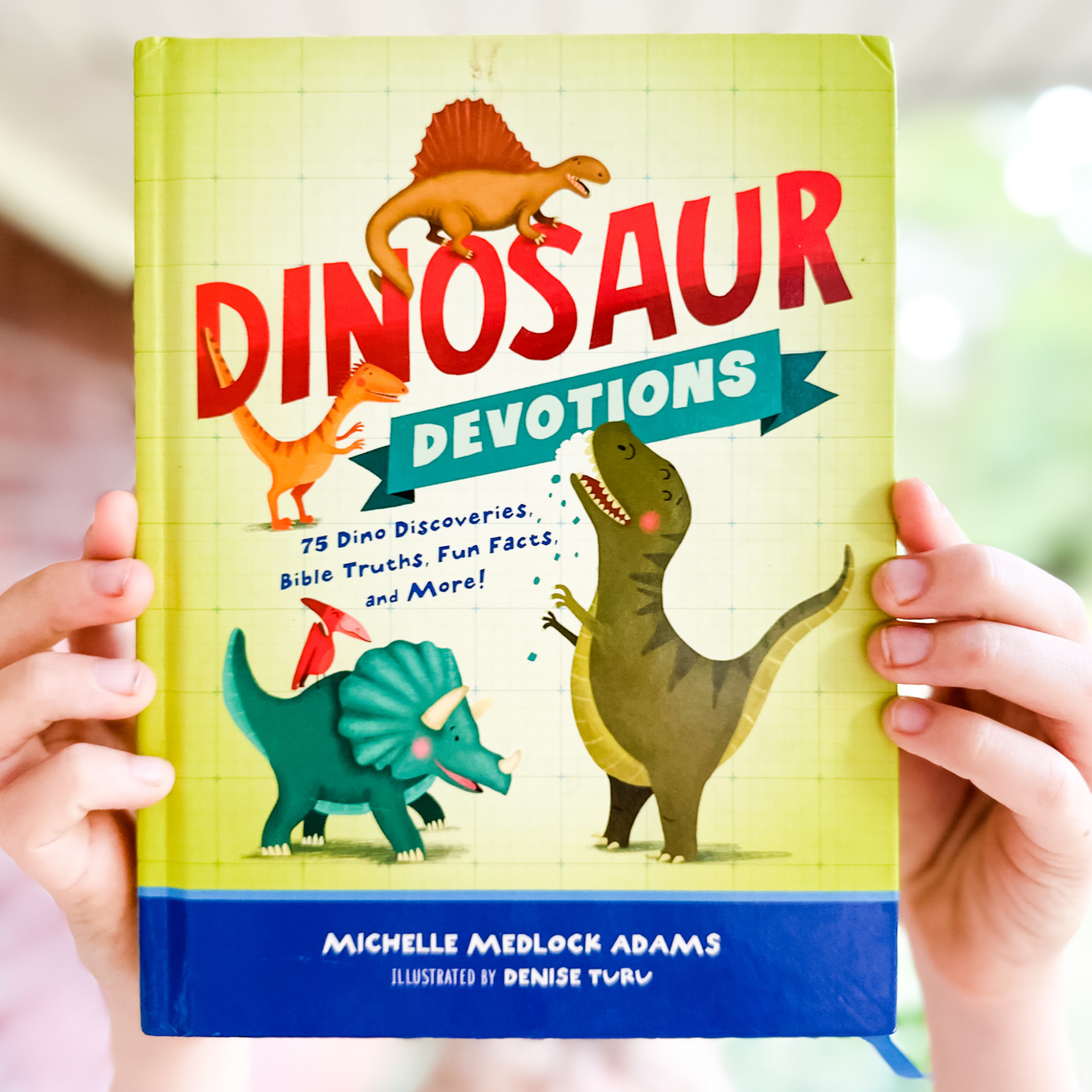This is the second post in an ongoing series about getting started with Peacemaker Parenting. We recommend that you check out the first post, Hard Questions.
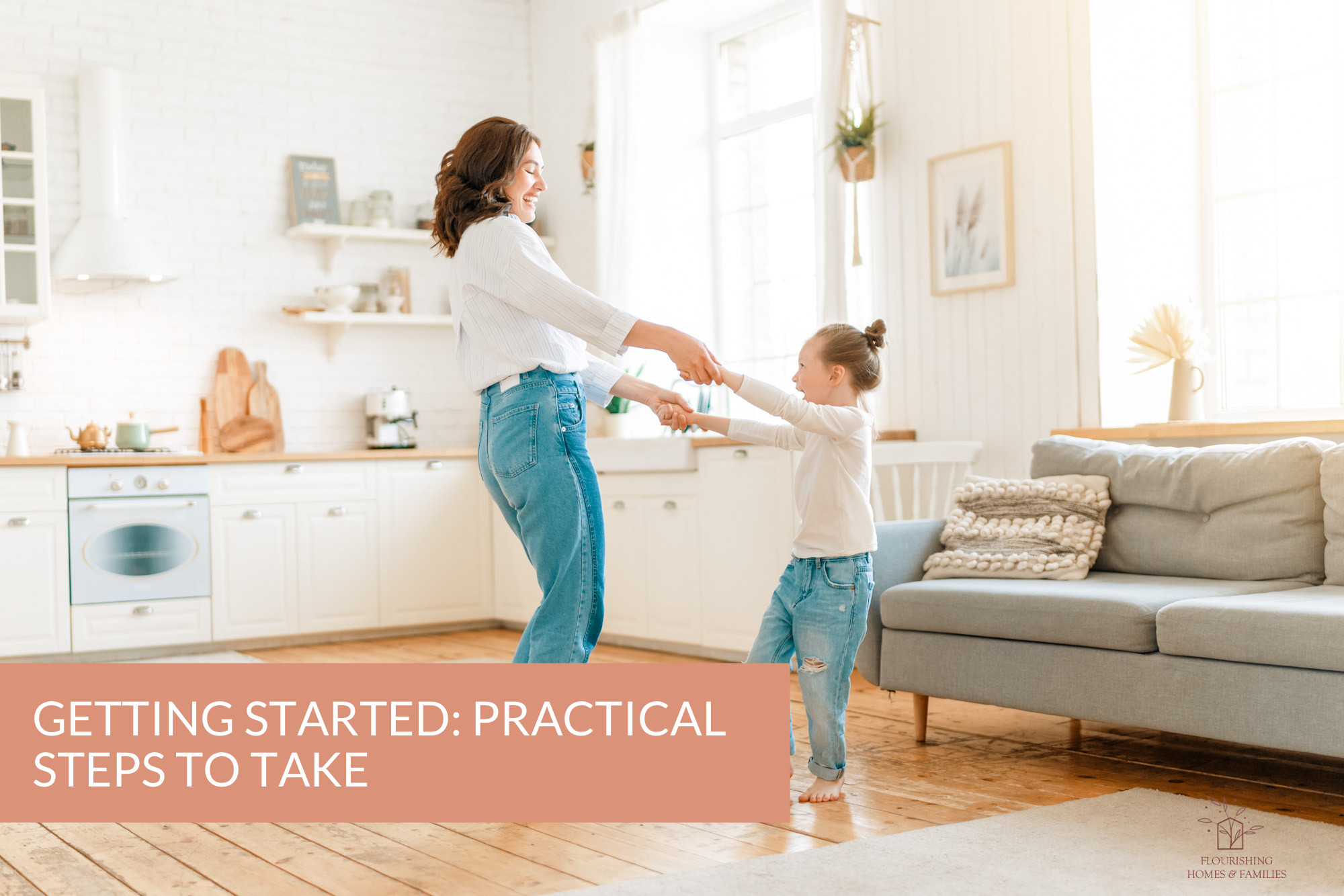
Sometimes, even when we make a big decision for something we know needs changing, it can feel just as big (maybe even bigger) to take the steps toward making that change.
Let’s look at some practical examples of gentle + attainable steps you can make as a new peacemaker parent…
Change what needs to happen
Evaluating your goals is helpful, but sometimes it is tempting to make "all or nothing" goals. When you do, try turning them into realistic first, or daily, steps:
Here's an example: changing your yelling habit:
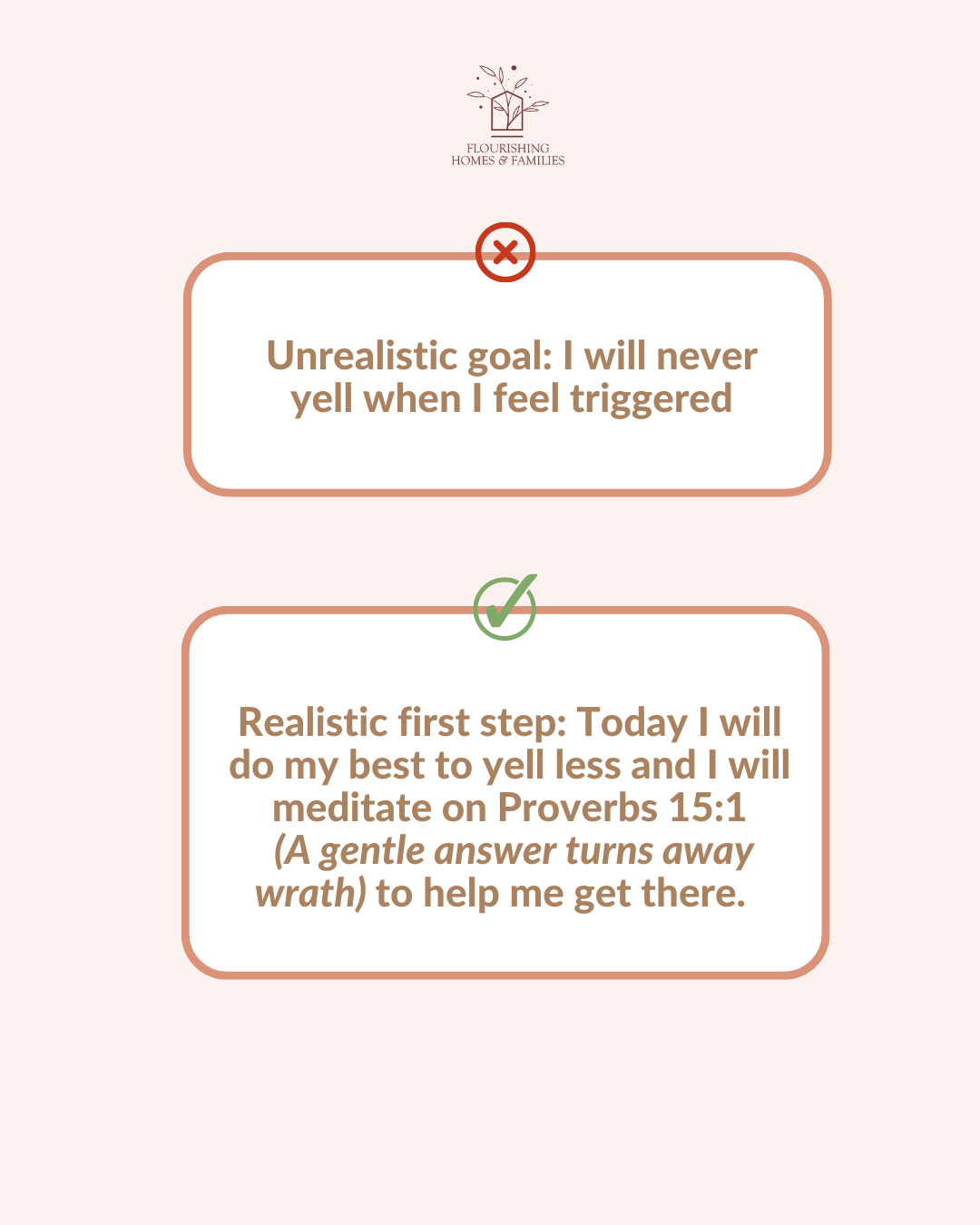
Here's another example: Changing your insecurity in what others think about your parenting choices:
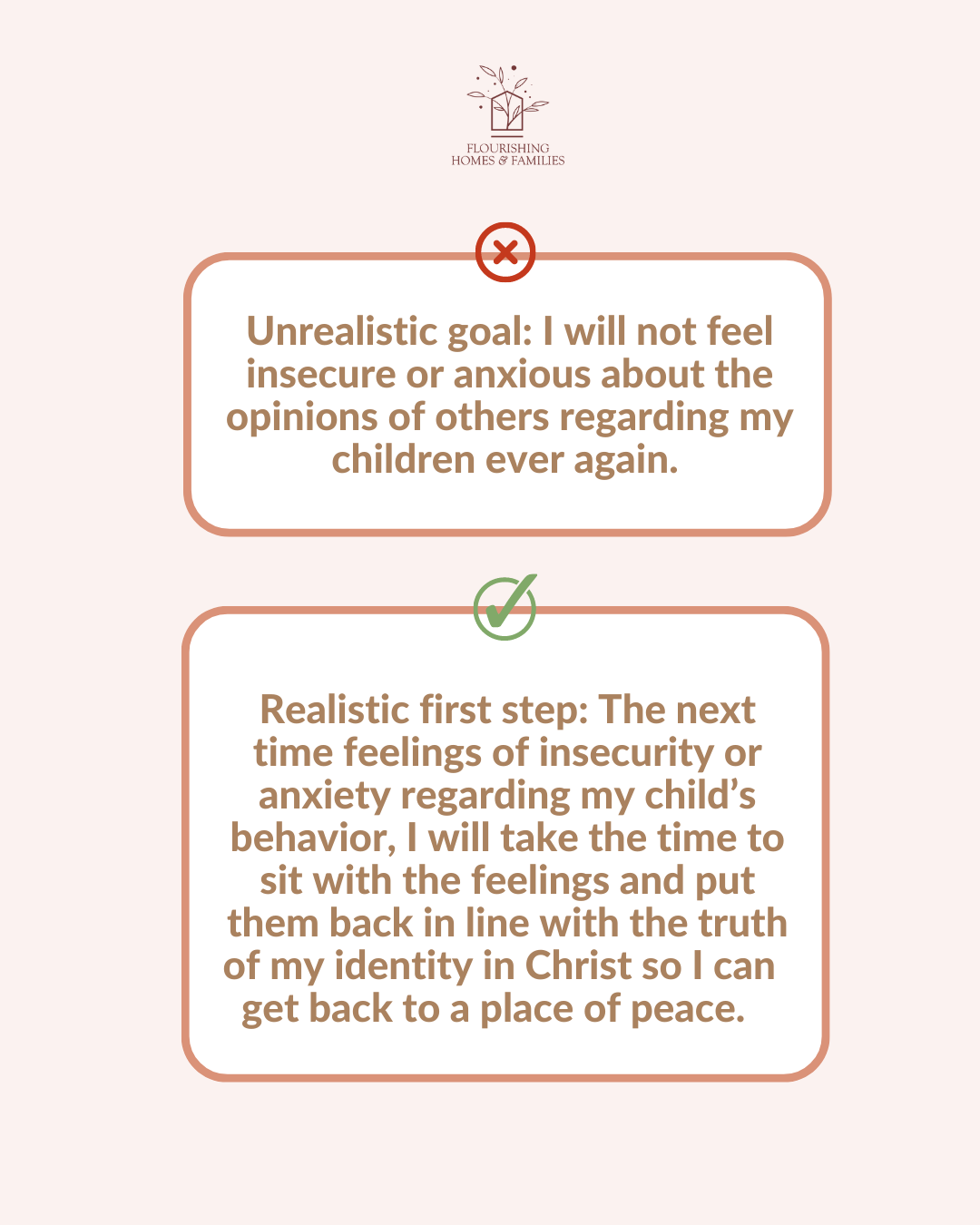
It is okay to struggle as a parent. We don’t have a “opt out of struggles” option in the parent game. It’s a given. But we DO get to choose how we navigate those struggles and turn them into growth. If this is an area you struggle in, we covered a lot of this in-depth in our Growth>Guitl Workshop:
Lastly, if you want to jump in on our next workshop, this month's workshop is Parenting for Honor & Respect: A Guide for Dads (and Moms), and ticket sales will open up on June 8!
Click here to grab a ticket for the dads in your life for a Father’s Day gift.

Family rhythms and rituals provide children with a sense of belonging, stability, and comfort. Rituals create special memories and traditions that can last a lifetime. We often think about creating rituals around holidays and birthdays, but summer is a great time to establish new family rituals that can be enjoyed year after year. Here are some ideas for summer rituals:
- Have a weekly family picnic: Pack a picnic basket with your family's favorite foods and head to a nearby park or beach. Make it a point to disconnect from technology and enjoy each other's company. Read: it's okay if you don't have a photo of every picnic!
- Plan a family game night: Set aside one night a week to play board games, card games, or video games together. This is a great way to bond and have fun as a family.
- Create a summer bucket list: Have each family member contribute to a list of activities they want to do over the summer. This can include things like going on a hike, visiting a new museum, or trying a new restaurant.
- Start a family book club: Choose a book to read as a family and discuss it over dinner or during a family book club meeting.
- Have a weekly movie night: Pick a movie to watch together as a family and make popcorn or other snacks.
- Read family devotions each night: Summer is the perfect time to start a new kid-friendly devotion. Try adding it to your bedtime routine, or as a mid-day family reset.
OUR FAVORITE KID DEVOTIONS
 | |
 | 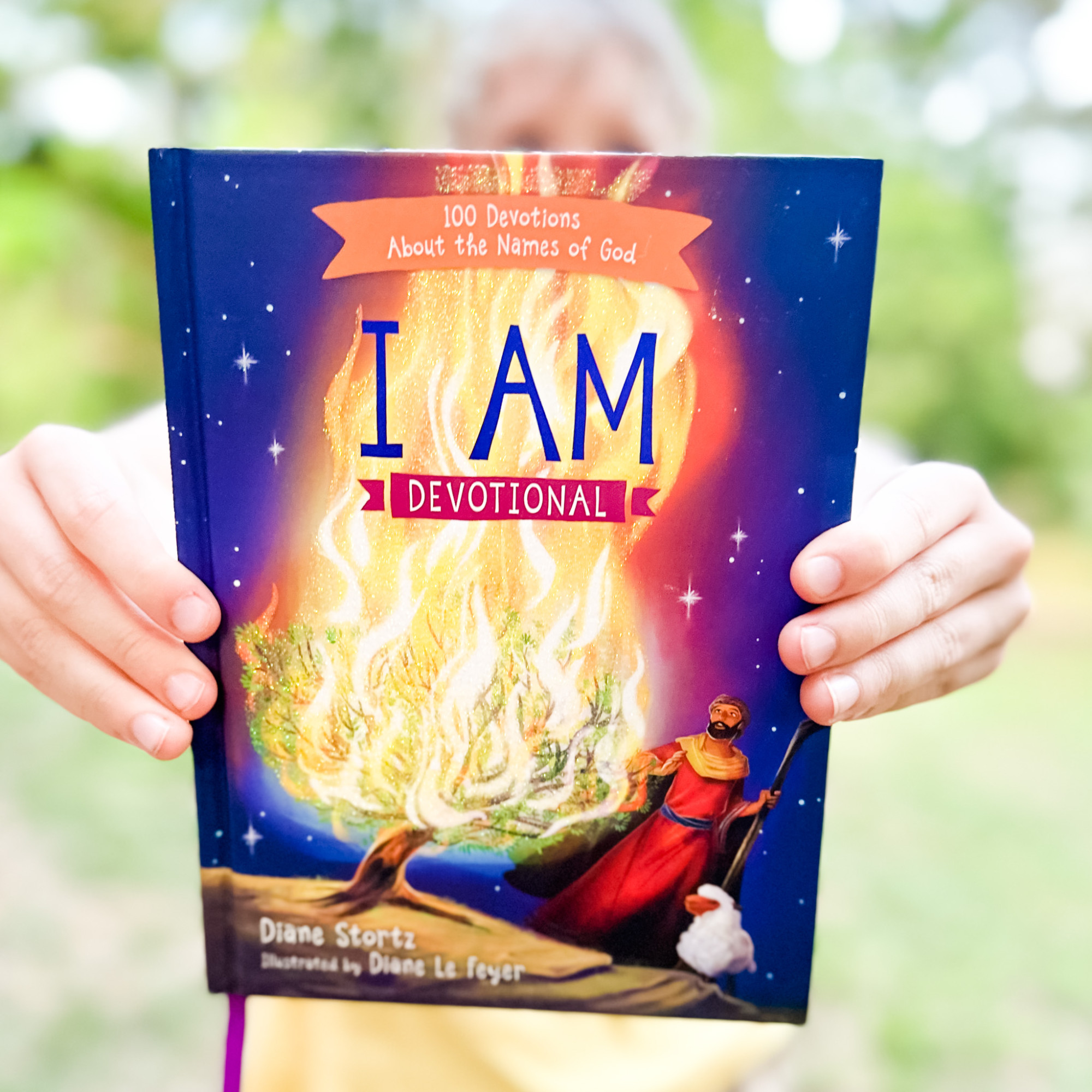 |
Family rituals are an important part of a child's upbringing. They provide a sense of stability, belonging, and comfort, and summer is a great time to establish new family rituals that can be enjoyed year after year!

This might sound hard to answer – especially if you grew up in a culture where failing to obey was considered spank-worthy at ages as early as 9 months old. But let it sit with you for a minute and consider some of the things that Jesus commanded of His followers…
“Do to others what you would want them to do to you…” Matthew 7:12
“Love your neighbor as yourself…” Mark 12:31
“Fathers, do not provoke your children to anger by the way you treat them. Rather, bring them up with the discipline and instruction that comes from the Lord.” Ephesians 6:4
The list goes on for quite a while when it comes to the way Jesus clearly expects His followers to treat people.
Unfortunately, culture and defiled religion has done a pretty good job of separating how parents should treat other adults and how parents should treat their own children. We can’t separate those things. Children bear the image of God because He created them in His image. A child is no less a person than an adult–and because of that, we learn how to treat our children the same way we learn to treat everyone else. Except, perhaps the standard is even HIGHER for how much we are to value and treasure and protect our children because God has given them to us as gifts.
Beginning with that first questions really does lead us to some more (really good) questions…
What IS developmentally appropriate behavior? There is not a cut and dry formula across the board all of the time–there just isn’t. And that can be hard. Most parents do want to feel in control, I know I feel that sometimes. It can be really hard to try to understand what is going on in the little minds of our ever changing children. But we do have a lot of good resources to help us do a little better in understanding how those minds work. This can help a lot! Two of our favorite books on this topic are:
Are my expectations reasonable some of the time? None of the time? All of the time?
Sometimes it can be tough to realize that the expectations you were held to as a child were not reasonable. Often, the things we hold our kids to even when they aren’t quite capable is because somewhere deep down our brains remember that that type of behavior was a hard NO. Get in the habit of asking yourself if the expectation you have set is actually reasonable or not.
How can my responses change in order to honor God’s developmental design?
This is a great area for growth for all of us! Get to know God in a personal way. Learn from how he teaches you. Meditate on the fruit of the spirit, the characteristics of love, the way God is. Take it to heart and dwell on it. Look for opportunities to apply it.
What would repentance look like in my relationship with my very young child?
Repentance is a beautiful piece of the gospel that is often misunderstood and misrepresented. As parents, we have the perfect opportunity to demonstrate repentance and restoration. Repentance is not (as many of us were shown) a person being forced to say they’re sorry and then feeling bad about it. It is one of the first steps toward living peacefully with one another and working toward that peace. Guess what, as parents, we mess up and rob peace from our homes sometimes. It is a great opportunity to model humble repentance without shame or fear. I encourage you to evaluate where there are instances in your family that you can demonstrate this repentance and restoration process of the gospel to your kids.
I’ve said it before and I’ll say it again…the realistic goal isn’t to immediately be a perfect parent. It isn’t possible.
The psalmist sums it up well for us–
“Turn from evil and do good; Seek peace and pursue it.” Psalm 34:14
Maybe that looks a little different for all of us. But we are working at imitating the same person–Jesus. Please be gentle with yourself. And if you need to see people just like you, breaking these abusive cycles, learning to heal, and seeking peace + kindness, come join our online community! From family mentoring, prayer times, and suggestion boards we have each others’ backs. We’d love to have yours too. Learn more about The Mentorship here.

Anyone else just want to sit down and color like you used to when you were 5?!
I always loved to color but sometimes now I feel like if I have to tear out or look at one more page from a paw patrol coloring book I just might lose it.
Moms aren’t exempt from needing a creative outlet and sometimes it just helps our brains so much to be able to sit down and relax with some markers, crayons, or watercolors.
Another need we moms have is to have the truths of God’s word spoken over us and meditated on in our hearts. Cue the mama scriptures coloring download.
Sometimes we can’t walk away entirely but we need a minute.
Sometimes we can’t find our own words, but we need some words.
Sometimes we can’t do everything, but we can claim a promise…
We can speak a scripture we have hidden in our heart.
We can breathe a prayer to our good father.
We can remind our own thoughts of what Jesus says about us and how loved and precious we are.
And sometimes, in those moments, that is enough.

 | 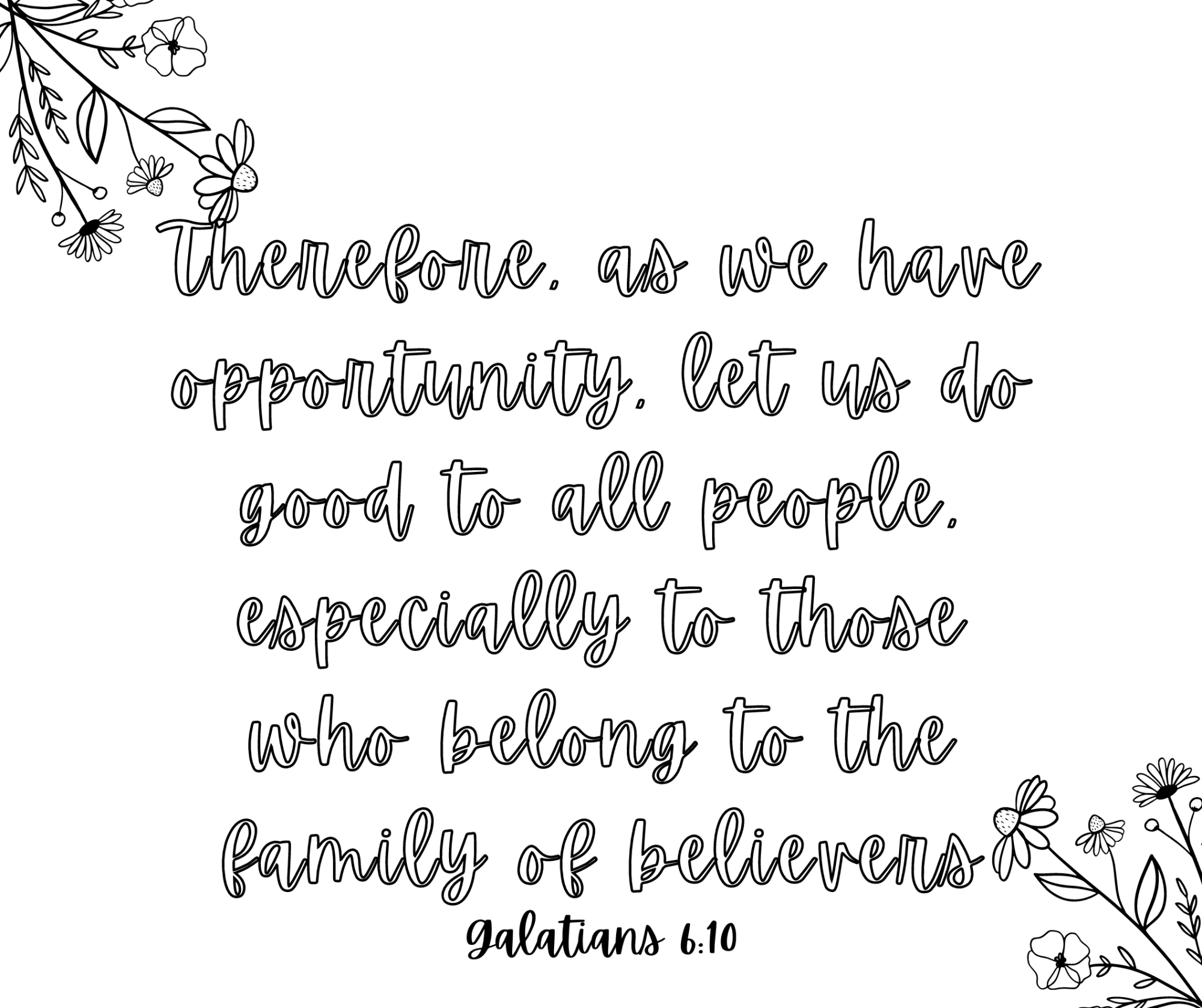 |  |
 | 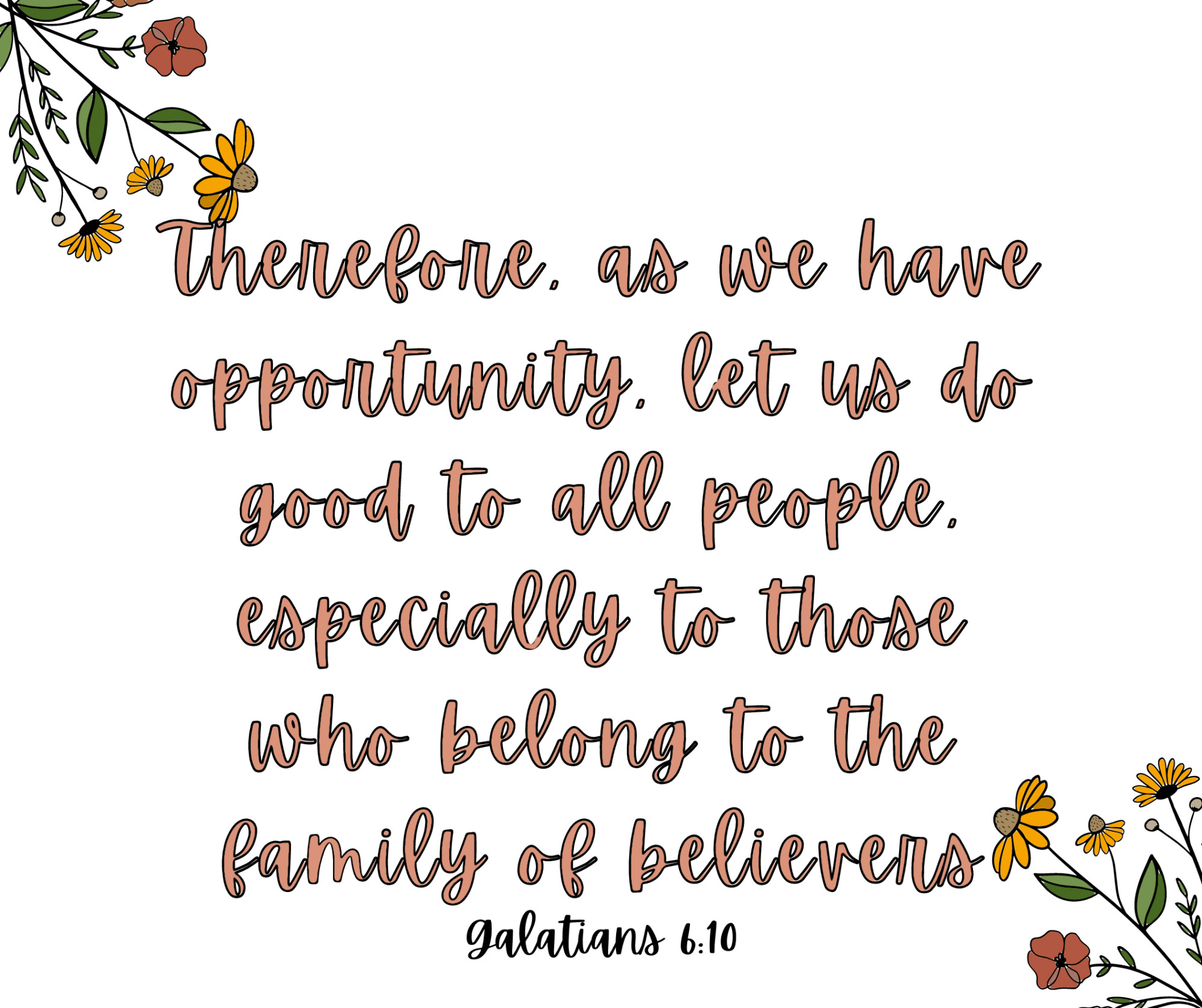 |  |
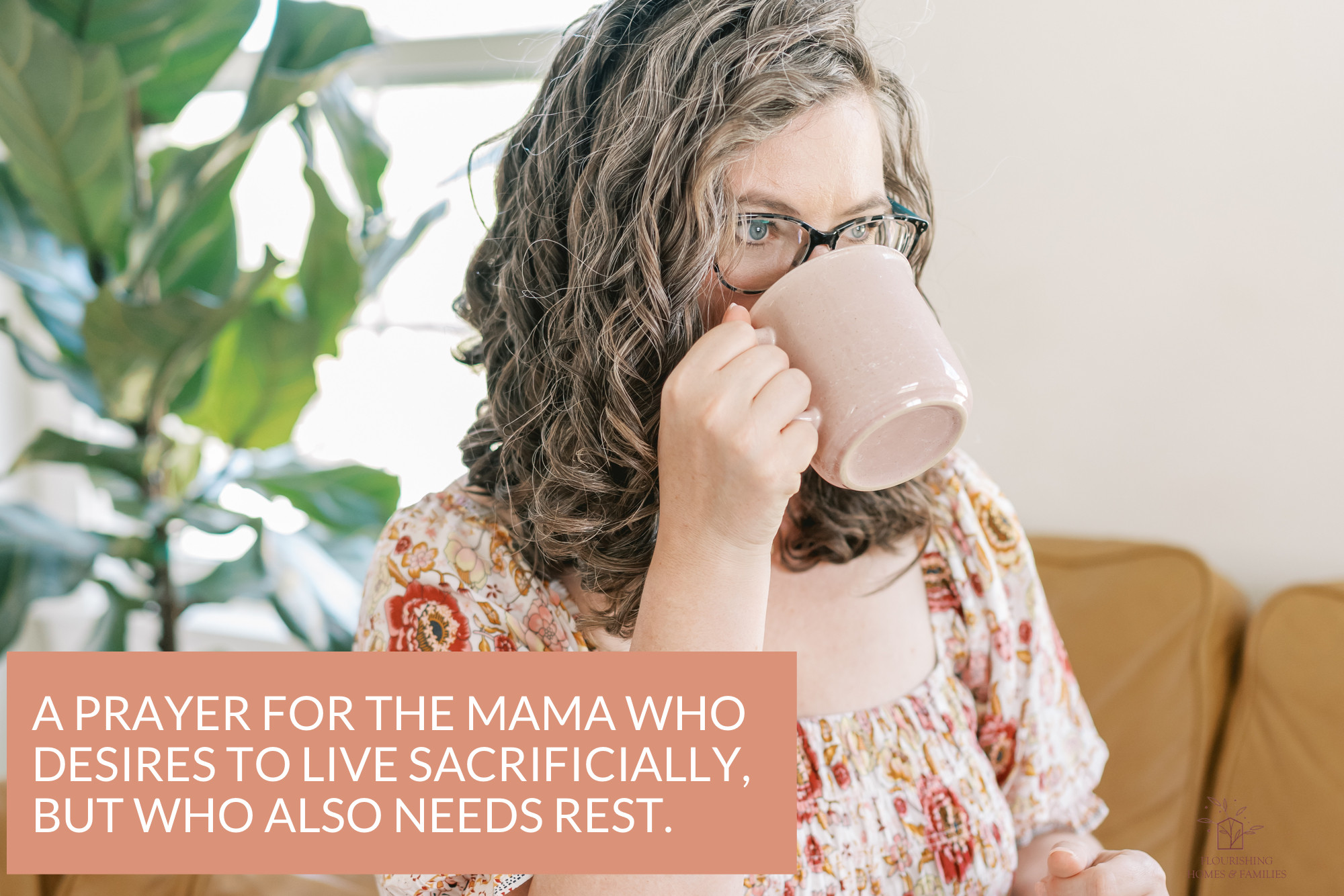
Dear God, I don't know how to do this: how to live sacrificially for my children while also taking care of myself so I am healthy and whole. I don't know how to live in a way that is willing to lay down my life for others, but that also honors the priceless treasure that I am. I know when I take care of myself it is easier for me to be gentle with my children. But being gentle with myself is a struggle.
I don't know what to do with the "I'm supposed to be able to do it all" thoughts that sneak in when I think about asking for help. I know asking for help is okay, but trusting someone else with my children is hard for me. God, you lead gently lead those who have young. Gently lead me towards love and wisdom, and away from fear and control.
Help me remember that sometimes laying down my life looks like missing sleep and holding babies when I'm touched out. And sometimes it looks like giving up control and trusting someone else with my precious child so I can sleep in peace.

Thank you for sustaining me thus far. Sometimes I look back on the week and wonder how in the world I made it through. You are the how. You are the one who equipped me, even when I felt like I didn't know what I was doing. You are the one who empowered me, even when I felt weak and unable. You are the one who comforted me, even when I didn't know why I was crying. You are the one who was gentle with me, even when I wasn't gentle with myself. And I am so grateful for You. Amen.




